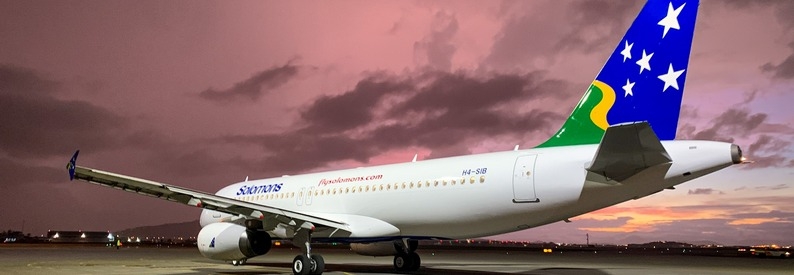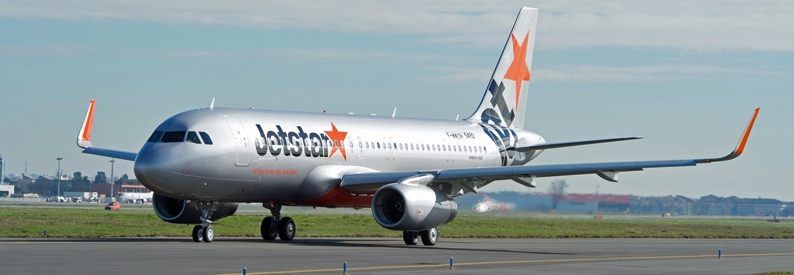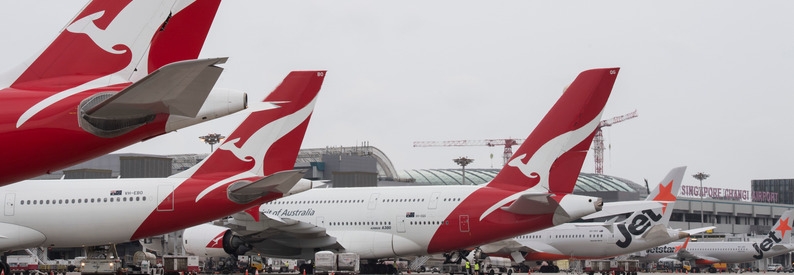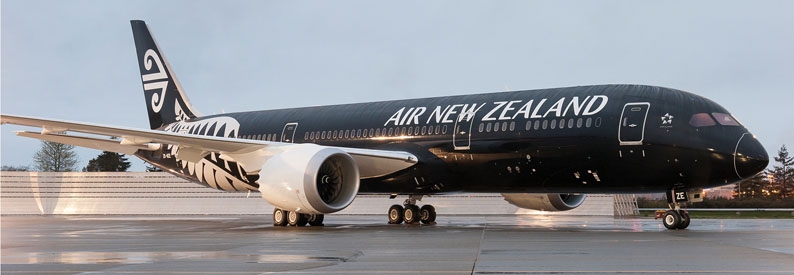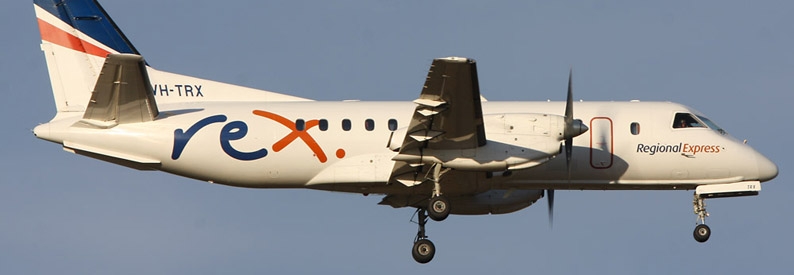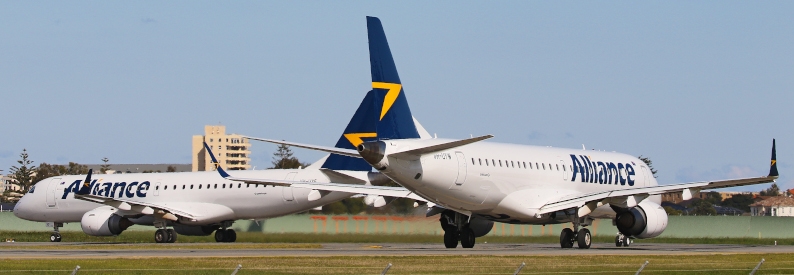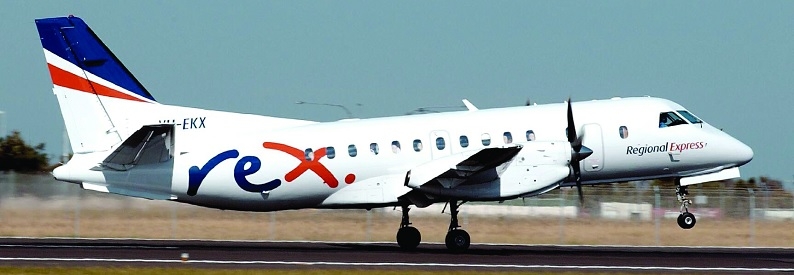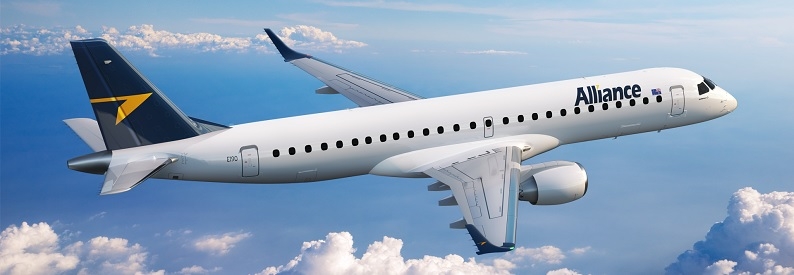The chairman of Qantas Group is staring down calls for him to resign, saying he has the support of the biggest shareholders. Richard Goyder made his position clear during a three-hour appearance before an Australian government Senate Select Committee hearing on bilateral air service agreements in Canberra on September 27.
This followed calls from the chief executive of the Australian Shareholders Association (ASA), a non-profit retail investor lobby group, for Goyder to stand down. These came after intense criticism of the Qantas Group board for its apparent lack of oversight in a series of scandals engulfing the company and the early exit of now former CEO Alan Joyce. Qantas Group includes airline brands such as Qantas, QantasLink, Jetstar Airways, and Qantas Freight.
"We think it's time for Goyder to step down," ASA CEO Rachel Waterhouse told the Australian Broadcasting Corporation this week. "What I've been hearing from retail shareholders is that change is required and that Richard Goyder should step down."
While receiving widespread criticism during the pandemic for its refund practices and decision to suspend international operations, the reproval has significantly intensified this year as further details of inappropriate corporate behaviour during and since the pandemic have emerged, including a plan to keep about AUD500 million Australian dollars (USD318 million) in unredeemed flight credits, lobbying to prevent competitors adding extra widebody capacity to the country, illegally sacking staff, and continuing to sell tickets on thousands of flights the airline had already decided to cancel but not yet publicly disclosed.
Summoned to Canberra this week alongside newly installed Qantas CEO Vanessa Hudson and General Counsel Andrew Finch, the trio received a grilling from a panel of federal politicians, and Goyder said he had no plans to exit. He told the panel that he had met with 14 of the group's top 20 shareholders and that he retained their support.
Qantas Group has a dispersed ownership, including everyday retail investors, many of whom acquired shares when Qantas was publicly floated in 1995. This is the cohort that the ASA claims it represents. Open source stock holding data reveals that at present, 241 institutional investors own 27.7% of the available shares. The biggest shareholder is the Australian investment company Perpetual, which has a 5.7% parcel, while another Perpetual-owned asset fund manager called Pendal Group owns a further 1.7%. Local entities associated with US investment giant Vanguard as well as First Sentier Investors and Norges Bank Investment Management are the only other shareholders with stakes of more than 1%.
“The feedback I got from our major shareholders is that they want the continuity of leadership with me as chairman of the board, particularly with a new CEO," Goyder told the Senate committee.
Separately, the trio faced intense questioning about Qantas running interference in an application by Qatar Airways (QR, Doha Hamad International) to increase its flights to certain Australian airports. That application, denied in July, has become a major political issue for the Australian government. Jayne Hrdlicka, CEO of Qatar Airways' local partner Virgin Australia, also fronted the committee earlier in the day but received a far warmer hearing. She said long-haul routes to and from Australia were starved of capacity and that "there is no coherent logic to this decision". Also on the same day, Qatar Airways senior vice president Fathi Atti told the committee that the carrier first learned about the decision to reject its application via the media.
- Type
- Base
- Aircraft
- Destinations
- Routes
- Daily Flights

